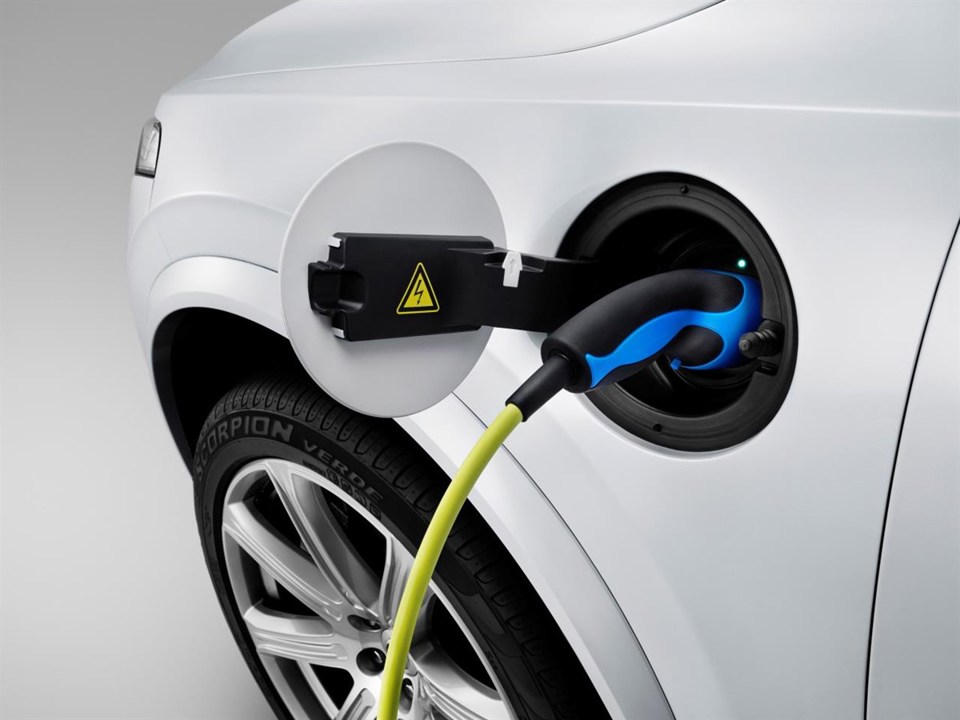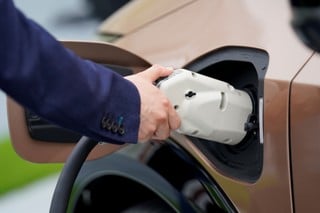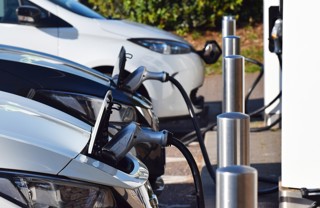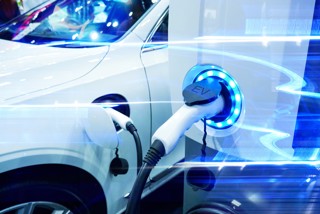Proposals that an electric vehicle (EV) tax should be introduced to help counter the loss of Government funding from the ban of diesel and petrol vehicles is supported by 38% of motorists.
That is according to the findings of a survey of 300 motorists conducted by Venson Automotive Solutions.
The research found that 87% of respondents agreed that a financial solution to recoup the Treasury’s anticipated ‘fuel tax’ loss of £40 billion as a result of growing EV adoption, is needed.
And a new EV tax, which would see drivers of heavier vehicles, opposed to those with a greater engine size, paying heftier taxes, emerged as the most popular proposal.
Simon Staton, client management director of Venson Automotive Solution, said: “Whilst it’s not anticipated that plans for a new EV tax will be revealed by the Chancellor in his October Budget, there is pressure on him to outline a 10-year trajectory to establish a financially viable means to achieving zero emissions in the UK.
“However, our survey findings confirm an understanding by the public that some sort of EV tax or related user charges will be necessary, which should offer Government assurances that people are mentally preparing to make the switch, if they haven’t done so already.
“A favourable tax regime, together with a raft of new models and significant growth in the charging network, will play a vital part in accelerating our journey along the road to zero.”
The UK Government has attracted criticism in the past for cutting the Plug-In Car Grant vehicle purchase subsidy as support for the EV purchases grew in other European countries.
AM reported earlier this year that more "overnight" PiCG cuts could yet come as Ministers attempt to save cash in the wake of the COVID-19 pandemic.
Ministers are also currently looking at different ways to recover funds lost from both vehicle and excise duty (VED) and fuel duty when more drivers switch to plug-in vehicles and the number of petrol and diesel motors on the road declines.
Earlier this year a House of Commons Select Committee said that road pricing is one of the best fiscal changes to make, however, just 22% of those surveyed by Venson backed this recommendation.
Instead, survey respondents said they would welcome a move to end free public EV charging points (32%) and backed the introduction of a 'Road Miles' system which would see charges incurred by plug-in drivers with higher mileage use (31%).
A report by the not-for-profit organisation Greener Transport Solution, also calls for a pay-per-mile scheme to be mandatory in 2030, but voluntary for EV owners from 20232.
The BVRLA’s latest Fleet Sustainability credentials reveal that whilst less than 1% (0.7%) of the total UK car parc is currently zero emission, 22% of salary sacrifice cars, 8% of company cars and 7% of car club cars are BEVs and its newly released Road to Zero Report Card confirms that most fleet car segments are now embracing EVs with enthusiasm.
With the fleet sector playing a significant role in driving EV take up, it’s perhaps unsurprising that 27% of the UK’s public surveyed by Venson said that businesses operating EV fleets should incur additional charges.


















Login to comment
Comments
No comments have been made yet.